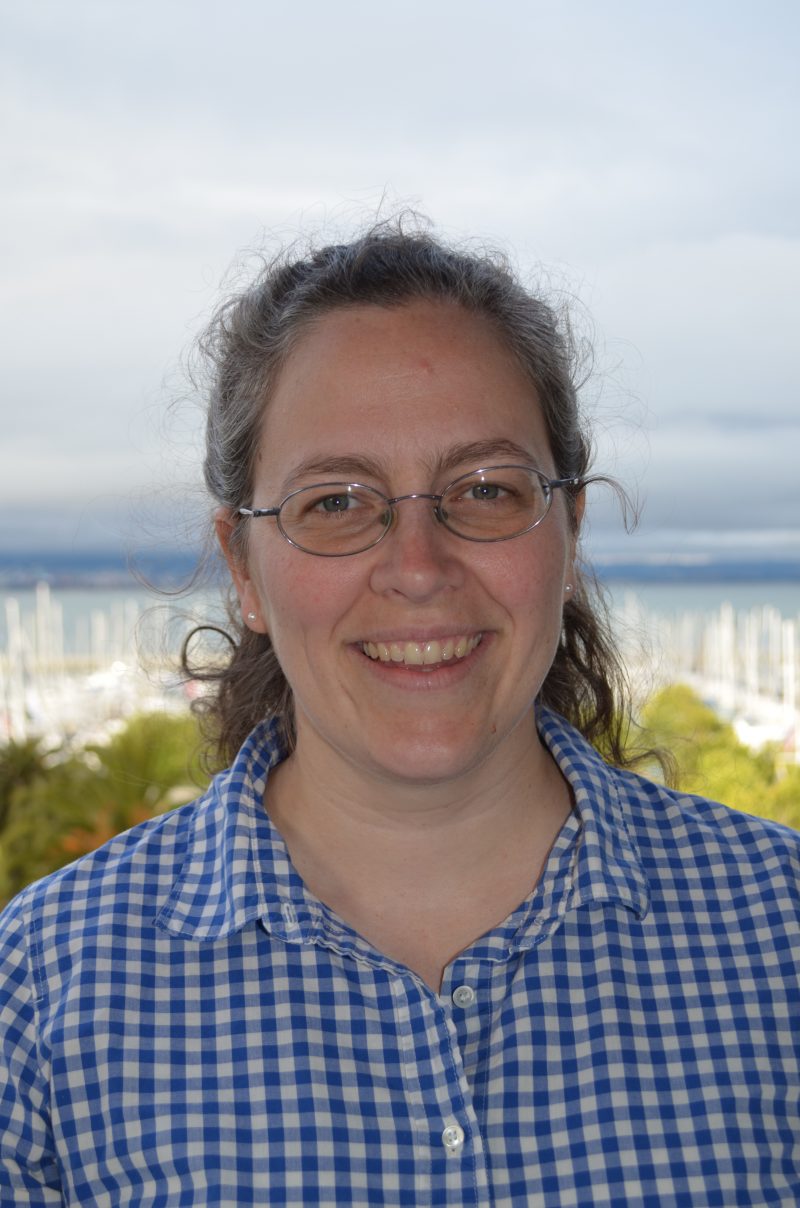

Sophie Dumont
Sophie Dumont (Milton E. Cassel Scholar) received her B.A. in physics from Princeton University, and Ph.D. in biophysics from the University of California, Berkeley, where she probed the mechanics of individual biomolecules with Carlos Bustamante. She was a junior fellow at the Harvard Society of Fellows and a postdoc at Harvard Medical School, where she worked on the mechanics of cell division with Tim Mitchison. She has been an assistant professor at UCSF since 2012, and her group focuses on the self-organization and emergent mechanics that drive robust chromosome segregation. In addition to being a Rita Allen Foundation Scholar, she is a Searle Scholar, a Sloan Research Fellow, and a National Institutes of Health New Innovator and National Science Foundation CAREER award recipient.
Life is a chemical as well as a mechanical process. At the nanometer scale, mechanoenzymes interconvert force and chemical potential. At the micrometer scale, cells spatially organize their constituents, change shape and move. At the millimeter scale, organisms develop and also move. How are mechanical and chemical processes integrated over molecular, cellular and tissue-length scales?
The Dumont lab aims to understand how cells coordinate mechanical and chemical activities to equally distribute their genetic material when they divide. During cell division, each daughter cell must inherit exactly one copy of each chromosome. Errors can lead to cell death or cancer in somatic cells, and developmental disorders in the germ line. How do cells generate, detect and respond to mechanical force to robustly and accurately segregate their chromosomes? How do the spindle’s nanometer-scale constituents work together to generate micrometer-scale movements?
To address these questions, the Dumont lab uses an interdisciplinary approach to uncover how molecules, mechanics and cellular function relate to each other.